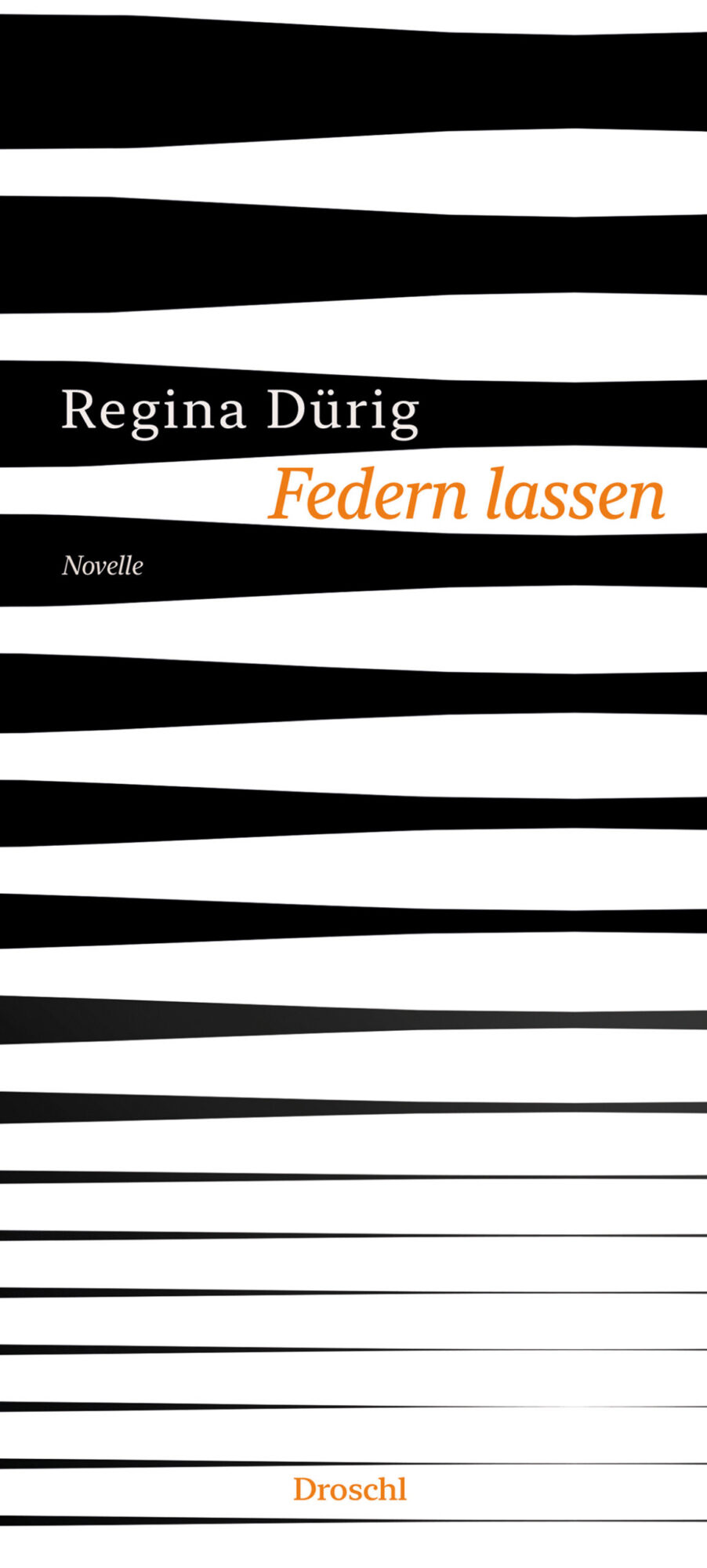review
Over the last few years, the once niche genre of the verse novel has gained exponentially in popularity, from the success of Max Porter’s Grief is the Thing with Feathers and Sarah Crossan’s One to Robin Robertson’s Booker win with The Long Take. Regina Dürig’s Losing Skin is a valuable addition to this growing genre, exploring themes closely connected with the Everyday Sexism and #metoo movements.
Each chapter in Losing Skin dips into a different scene from the life of a woman growing up in the present day, with the book spanning her life from the ages of four to thirty-eight. The reader never discovers the woman’s name; the book is narrated in the second person and she is only ever “you”.
In the early chapters of the book, “you” manipulate or are manipulated by your parents, who want you to play with a child you do not know, to eat things you do not like and hold you responsible for things that are not your fault. As a teenager, you are often embarrassed – for example when your mother suggests you show your father your new bra. When a boy jokingly tips you into a dustbin at school you are mortified, but think that perhaps you deserve it: you once corrected his love-letters and sent them back to him. The humiliations are familiar and uncomfortable. A doctor’s suggestion, when you are fourteen, that you join a sports team to learn to “withstand a little pain” anticipates the darker events that are to come.
As you grow older, you find yourself in situations where men repeatedly sideline or take advantage of you. Your boss tells you that women cannot write about football; a male colleague is questioned by friends about a topic on which you are the expert. There is unwanted sex with a friend’s friend, a rape in your parents’ holiday villa and an implied gang rape on the way home from a friend’s birthday party; these events seem avoidable, yet nonetheless outwith your control. They are accompanied by more subtle unkindnesses. In the final climactic scene, in a discussion between friends about sex and consent, a girlfriend points at each woman in turn, asking whether they have ever been raped. Nobody admits it, not even “you” and the reader cannot help but feel let down.
Despite the sometimes harrowing subject matter, this is a deeply satisfying read, told with great economy of language. At a time when casual violence against women and minorities is very much in the news, Losing Skin is a necessary contribution to a timely debate.
More on the book on the publisher’s website
Regina Dürig’s unique volume offers an important addition to the discussion about gender equality and violence against women. It invites you to judge the expectations and limitations that society places on women, but it does not stop there – it questions how unequal situations arise, how someone can stop themselves from being side-lined, humiliated or abused, and what it takes to put yourself in another person’s shoes. This thought-provoking novella will stay with you long after you put it down.
Gwen Clayton, www.perfectlyphrased.com




All recommendations from Autumn 2021